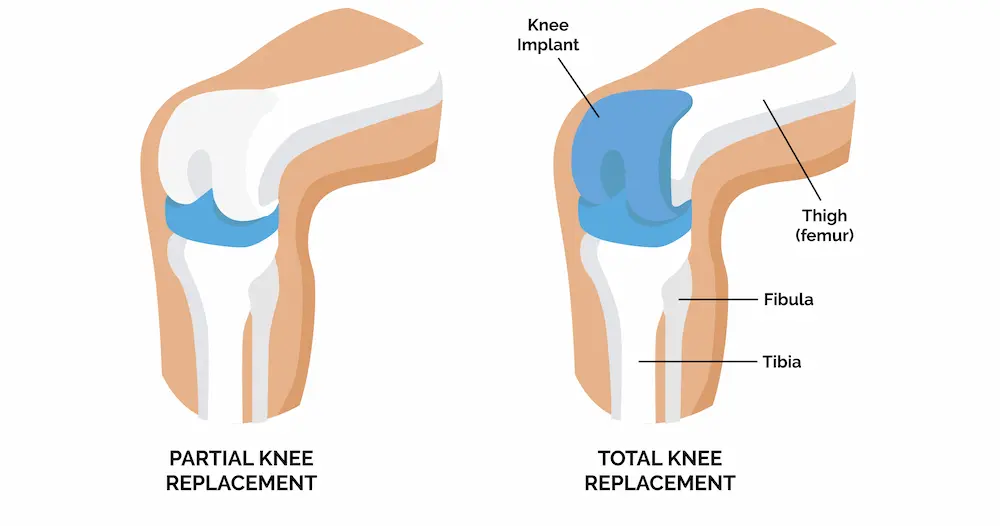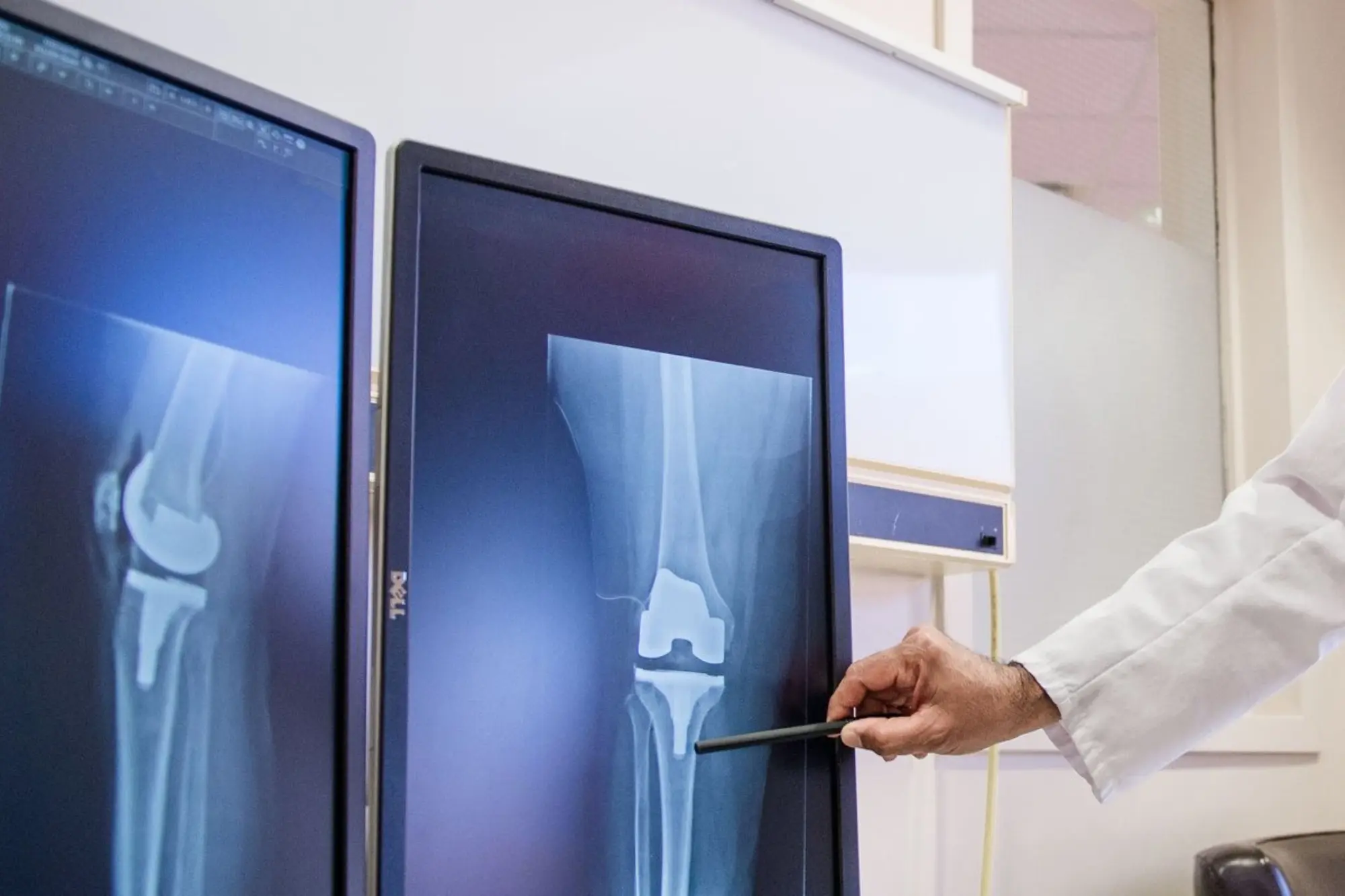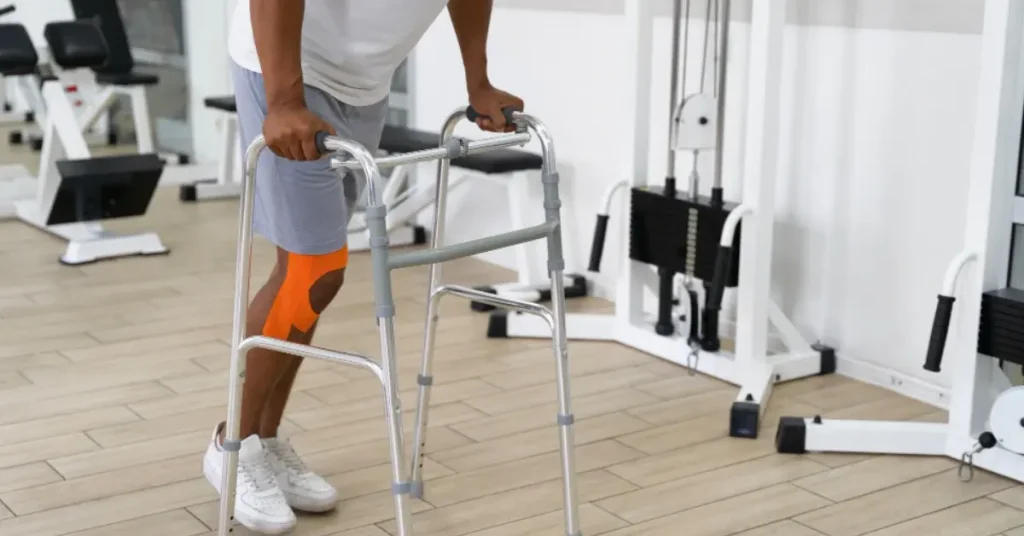TKR Unilateral
Unilateral Total Knee Replacement (TKR) is a surgical procedure where only one damaged knee joint is replaced with an artificial implant. It’s ideal for patients suffering from pain and stiffness in one knee due to joint damage.
- Home
- Service
- TKR Unilateral

Description
Unilateral TKR is recommended when one knee is significantly affected by arthritis, trauma, or wear-and-tear, leading to chronic pain, swelling, and difficulty in walking. The procedure involves removing the damaged cartilage and bone from the affected knee and replacing it with a metal and plastic prosthetic joint designed to mimic natural movement.
This surgery helps restore joint function, eliminate pain, and improve mobility. With newer implants and minimally invasive techniques, patients experience faster healing, less scarring, and a more comfortable recovery. It also allows them to return to daily activities with much better stability and confidence in the knee.
This surgery helps restore joint function, eliminate pain, and improve mobility. With newer implants and minimally invasive techniques, patients experience faster healing, less scarring, and a more comfortable recovery. It also allows them to return to daily activities with much better stability and confidence in the knee.
Conditions Treated
- Osteoarthritis in one knee
- Post-traumatic arthritis of the knee
- Rheumatoid arthritis (localized)
- Knee joint degeneration due to aging
- Avascular necrosis of knee joint
Tests and Treatments Offered
- Knee X-Ray
- MRI
- Blood Investigations
- ECG & Cardiac Evaluation
- Single Knee Replacement Surgery
- Post-operative Physiotherapy & Knee Exercises
Special Offer on TKR Unilateral
Actual Price
₹1,80,000
₹1,62,000/- Only
Estimated Stay: 3 Days
Book Appointment
How it works
Procedure and Process Treatment

Pre-Surgical Assessment
Doctors evaluate knee function, run diagnostic tests, and finalize implant sizing.

Surgical Knee Replacement
The surgeon removes damaged surfaces from the knee and fits a prosthetic joint accurately.

Immediate Recovery and Monitoring
The patient is moved to recovery where vital signs and pain levels are closely managed.

Physiotherapy and Mobilization
Rehabilitation begins early with walker-assisted walking and exercises to strengthen the joint.

Step Toward a Pain-Free Tomorrow
Unilateral TKR can restore movement and eliminate years of discomfort. With expert care and the right rehabilitation, your new knee can help you walk, climb, and live without hesitation.
Frequently Asked Questions
Here are some practical questions patients ask before unilateral TKR:
Not necessarily. Many patients undergo the procedure under spinal anesthesia, which is safer and promotes faster recovery.
You can start walking with support usually within 24 hours after surgery under the guidance of a physiotherapist.
With proper care and regular activity, modern implants can last 15–20 years or longer in many patients.


